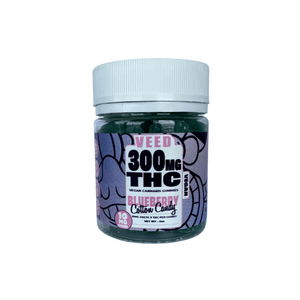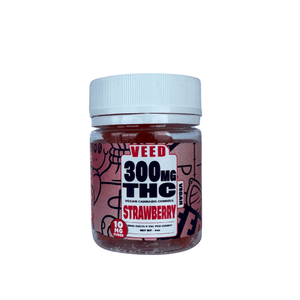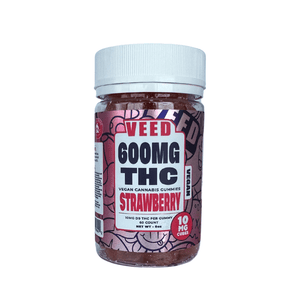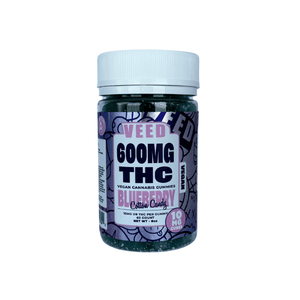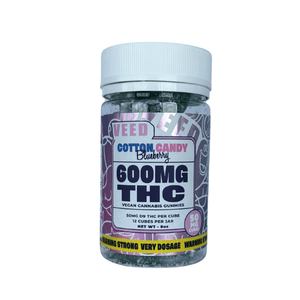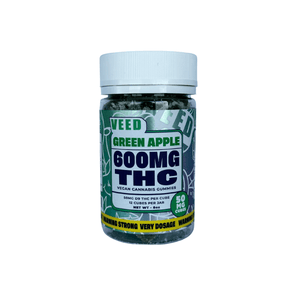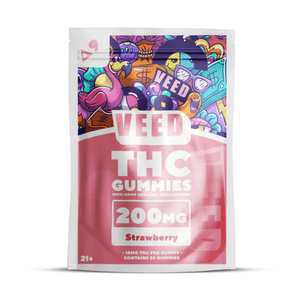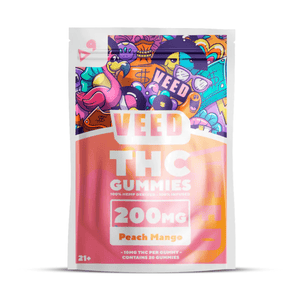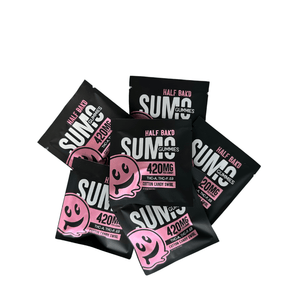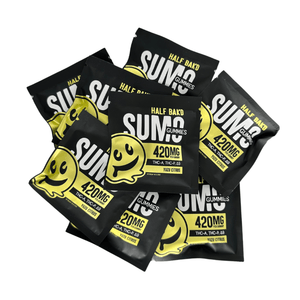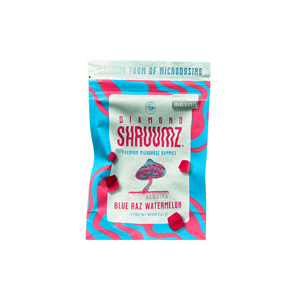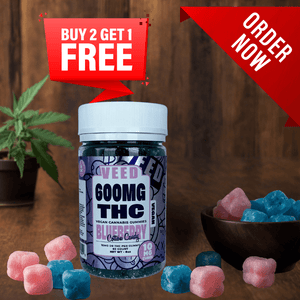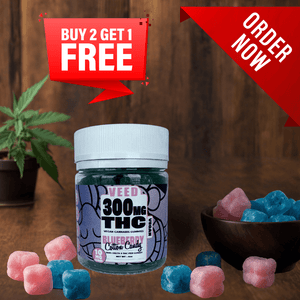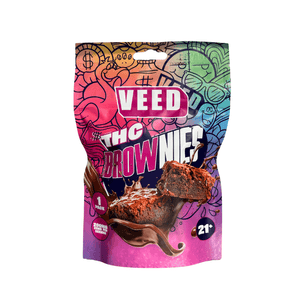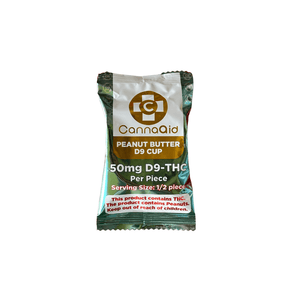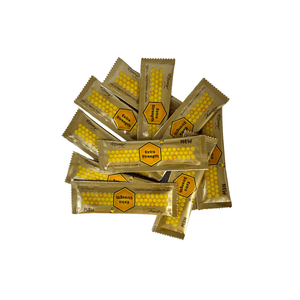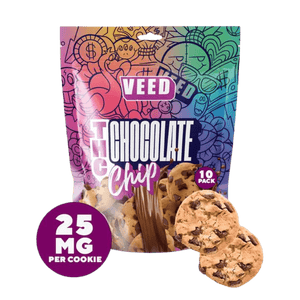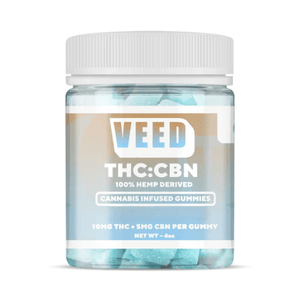What is Delta 9 THC?
Delta-9-tetrahydrocannabinol, better known as Delta-9 THC or simply THC, is one of the primary psychoactive compounds found in Cannabis plants. Its discovery dates back to the 1960s by Israeli scientists, led by Dr. Raphael Mechoulam, who were pioneers in identifying and synthesizing THC's structure. Since then, THC has been extensively studied for its unique properties and effects on the human body, mainly on the central nervous system.
Delta-9 THC acts by binding to cannabinoid receptors in the brain and other parts of the body, which are part of the endocannabinoid system. This system is a complex network of chemical signals and receptors that help regulate various bodily functions, including mood, memory, appetite, pain, and the immune response. THC's interaction with this system can result in a range of effects, from euphoria and relaxation to increased appetite, altered perception of time, and heightened sensory experiences.

It's important to note that the experience of consuming Delta-9 THC can significantly vary from person to person, influenced by factors such as dosage, method of consumption (such as smoking, vaporizing, or ingesting), individual tolerance, and the context of use. Moreover, while many users report benefits like anxiety relief, improved sleep, and pain reduction, THC can also cause adverse effects in some individuals, including anxiety, paranoia, and difficulty concentrating.
In terms of legality, the status of Delta-9 THC widely varies from country to country and, in some cases, within different jurisdictions of the same country. In various regions, products containing THC are regulated due to their psychoactive properties, and their use may be allowed only for medicinal purposes under a doctor's prescription.
For consumers interested in CBD products, it's crucial to distinguish CBD from THC. CBD, or cannabidiol, is another significant compound found in cannabis that does not have the psychoactive effects associated with THC. CBD-based products have gained popularity for their potential therapeutic benefits without the intoxicating effects of THC. Consumers looking for CBD products should pay attention to product specifications, ensuring they contain low levels of THC (as regulated in their area) or are THC-free, to meet their preferences and legal requirements.
Remember, when exploring the use of any cannabis product, it's vital to do so responsibly, being well-informed about local laws, potential effects, and the quality of the products you're using. If there's any uncertainty about the legality or safety of a specific product, seeking guidance from health professionals or legal advisors is always the best approach.

